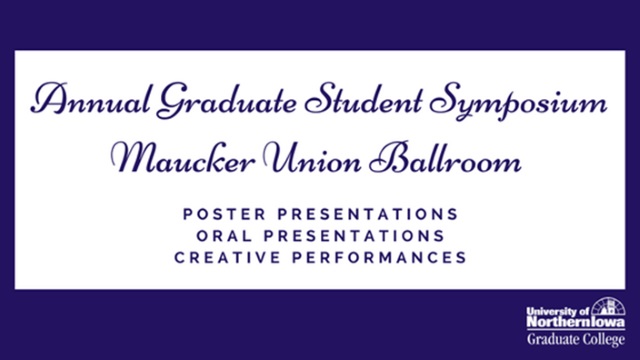
Complete Schedule
Teaching Reading to Adult ESL Learners Who Have Low Literacy in Their First Language
Presentation Type
Oral Presentation (Electronic Copy Not Available)
Keywords
English language--Study and teaching--Foreign speakers; Functional literacy--United States; Adult education--United States;
Abstract
Although there is considerable research on teaching reading skills to children, there is far less research on teaching reading to adults. When it comes to studies of adults who are non-literate or have low literacy levels in their first language, research is essentially non-existent. Yet, the demographic of under-educated learners of English, particularly those with low levels of literacy in their first language, is increasing in the United States which has recently seen an influx of immigrants and refugees, many of whom have little formal education. The United States is a highly literate, reading-intensive society, which necessitates literacy not only for survival but for advancement in multiple venues.
While some sequential processes for literacy acquisition may be similar to children, both the teaching and learning of reading skills for adults require different approaches. The acquisition of a second language occurring simultaneously with the process of obtaining reading skills dictates a broader perspective in developing salient material and teaching methods. Therefore, the pedagogical focus of promoting literacy for adult second language learners should strive to incorporate native cultural aspects as well as authentic, relevant content in the reading material that is presented. The purpose of this presentation is to advocate not only for more studies that exclusively focus on adult language learners who are not functionally literate in their first language, but also to promote suggested improvements in pedagogical methods for reading by considering a more holistic incorporation of the learner’s background, culture and pre-existing skills.
Start Date
4-4-2017 1:00 PM
End Date
4-4-2017 4:50 PM
Faculty Advisor
Joyce Milambiling
Department
Department of Languages and Literatures
Copyright
©2017 Karen Potter
Embargo Date
4-4-2017
Teaching Reading to Adult ESL Learners Who Have Low Literacy in Their First Language
Although there is considerable research on teaching reading skills to children, there is far less research on teaching reading to adults. When it comes to studies of adults who are non-literate or have low literacy levels in their first language, research is essentially non-existent. Yet, the demographic of under-educated learners of English, particularly those with low levels of literacy in their first language, is increasing in the United States which has recently seen an influx of immigrants and refugees, many of whom have little formal education. The United States is a highly literate, reading-intensive society, which necessitates literacy not only for survival but for advancement in multiple venues.
While some sequential processes for literacy acquisition may be similar to children, both the teaching and learning of reading skills for adults require different approaches. The acquisition of a second language occurring simultaneously with the process of obtaining reading skills dictates a broader perspective in developing salient material and teaching methods. Therefore, the pedagogical focus of promoting literacy for adult second language learners should strive to incorporate native cultural aspects as well as authentic, relevant content in the reading material that is presented. The purpose of this presentation is to advocate not only for more studies that exclusively focus on adult language learners who are not functionally literate in their first language, but also to promote suggested improvements in pedagogical methods for reading by considering a more holistic incorporation of the learner’s background, culture and pre-existing skills.



Comments
Location: Maucker Union State College Room